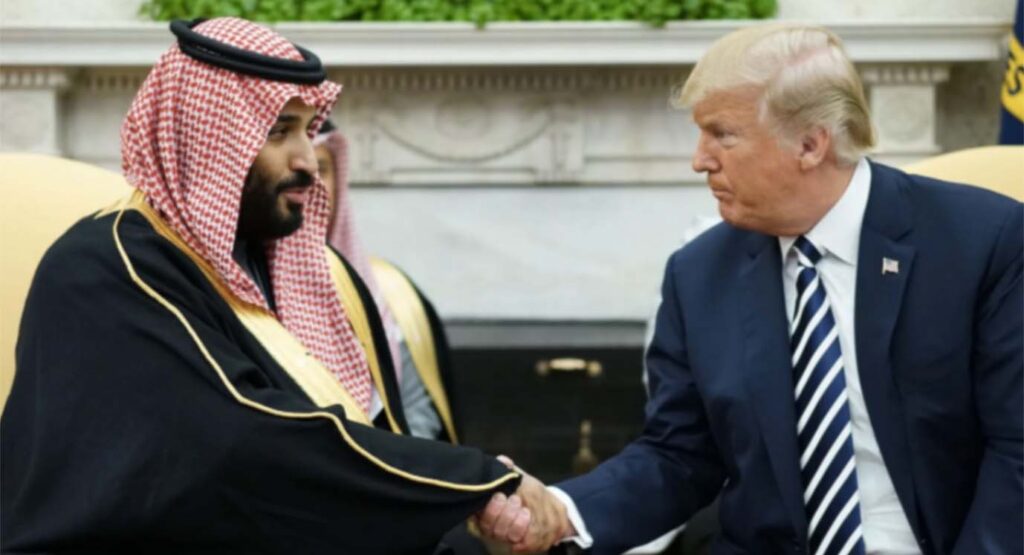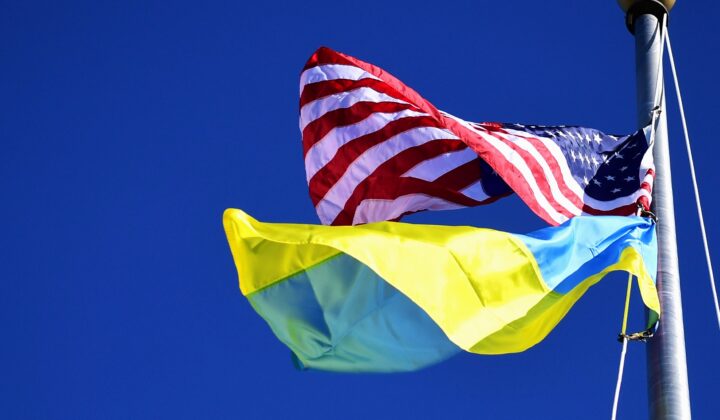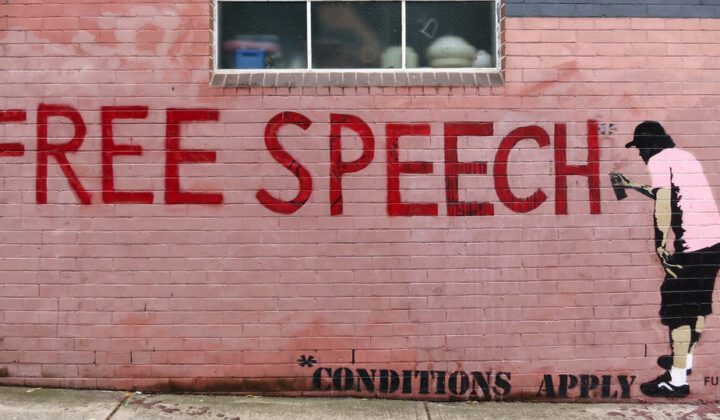If Putin’s war in Ukraine was supposed to unite the American-led world, our less-than-democratic allies didn’t get the message.
Around the world, countries with ties to the United States but poor democratic records resist punishing Russia. India aligns with the US in the Quad security group to contain China, but refuses to stop purchasing Russian weaponry and oil. Saudi Arabia collaborates with the US to resist Iran, yet it will not increase oil production, citing its increasingly close ties to Russia. And the EU’s problem child, Hungary, welcomes Ukrainian refugees as it funds Putin’s war machine through purchasing Russian petroleum, which it expressed willingness to pay for in rubles.
While there are exceptions to the rule, the division has been relatively consistent: democracies rallied against Russia, and unfree countries played both sides. Our illiberal friends aren’t proving to be particularly loyal.
This split hasn’t always been so neat. When the world was divided between the American and Soviet spheres of influence, countries’ nonalignment with the Soviet Union was far more important to the US than if they were fully fledged democracies. Now, whether or not a country is democratic is one of the best predictors of its policy toward Russia. So what changed?
Natural Enemies
Like no time before, democracies and dictatorships see the existence of the other as a direct threat to their own government—and they’re absolutely right.
Free expression is the cornerstone of democratic societies, and our citizens are nothing if not inquisitive. Our free press ensures that an army of journalists equipped with pens and cameras will uncover injustice wherever it occurs. Advocacy groups devote lifetimes to promoting human rights and making sure politicians take interest. The internet guarantees that conflicts never feel distant, and a zealous sense of right and wrong makes it certain that we’ll care.
So when an illiberal or autocratic regime threatens the rights of its citizens or global security, democratic societies respond in force. Saudi Arabia’s terrible human rights record drew Western attention, hindering democratic government officials’ willingness to collaborate with the regime. Hungary’s decline in rule of law may prevent it from receiving billions in EU funding. The Chinese genocide against the Uyghurs was covered extensively in Western media outlets, causing the Chinese government to run massive campaigns trying to discredit the reports. While decades ago autocrats could more easily control the spread of information, now it’s much harder to stem the flow.
In response, authoritarian governments try to turn democratic societies against themselves. Putin has meddled in at least 27 countries’ elections since 2004. Saudi Prince Mohammed bin Salman ordered the execution of Washington Post columnist Jamal Khashoggi for writing critically of the regime. India’s increasingly belligerent populist government threatened to jail Facebook employees if the company didn’t hand over data on protesters. Taking inspiration from Russia, China is waging an information war against the West, sponsoring English-language propaganda that disparages democracies and praises Chinese governance.
None of this is easily avoidable. Where we once lived in disconnected, disparate worlds, technology has made it so that we are now caught in a continuous global conversation. As long as free speech exists, activists can uncover and criticize human rights violations, while dictators can push propaganda and divisive content. There can be no peaceful coexistence—so long as one is free and the other is unfree, hostility is the status quo.
An Indifferent World
Autocrats don’t necessarily hope to turn us into outright dictatorships, but they would like us to stop caring so much about their “education camps” and “special military operations.”
In their ideal world, business takes precedence, and concerns for human rights and basic freedoms are left off the table. This is the arrangement formed among the five major emerging economies known as the BRICS: Brazil, Russia, India, China, and South Africa. As Russia pursues its war of aggression against Ukraine, the other four countries conduct business as usual. While these countries range from a flawed democracy in South Africa to dictatorship in Russia and China, the arrangement works so long as no one is willing to criticize the others. Democracies can play along, they just have to abandon their values in the process.
For our rivals, an ideal ally has a disregard for the truth, a shared hatred of the free press, isolationist tendencies, an indifference to foreign human suffering, a penchant for divisiveness, and is critical of traditional security agreements and alliances. While many of these traits are found on the radical left, which, as I wrote last month, actively develops ties to authoritarian regimes, it’s the populist right where they find their greatest champions. That’s why Russia supports populist politicians like France’s Marine Le Pen, Italy’s Matteo Salvini, and why Putin interfered in our 2016 election to benefit Donald Trump.
Though the US is presently struggling to collaborate with even the relatively friendly unfree countries like Saudi Arabia and Hungary, during Trump’s tenure in office that wasn’t the case. Trump said he saved Mohammed bin Salman and got Congress to leave him alone for Khashoggi’s murder. Trump applauded the “tremendous job” Viktor Orbán is doing, and continues to praise Putin despite the war in Ukraine.
While the new administration has turned back to more traditional alliances, the far right continues to strengthen its ties to illiberal leaders abroad. Last August, Tucker Carlson hit a new low when he spent his summer vacation in Hungary, hanging out with Orbán. But just eight months later, he is backing Putin in a war against a European democracy and CPAC is planning its own trip to Budapest. Thankfully, the overwhelming majority of the Republican Party supports Ukraine, yet first-term far right representatives Madison Cawthorn and Marjorie Taylor Greene write off Ukrainian President Zelensky as a corrupt thug. Our public figures are exploring what it could be like to abandon the West, paving the way for a more dangerous and callous world order.
As Ukraine fights off an autocrat’s invasion, Putin revives our fears that Europe could fall under the sway of a dictator. But the reality is that the greatest threat to the world order isn’t countries’ destruction at the hands of illiberal regimes. It’s us failing to challenge autocrats—or even deciding to join them.





